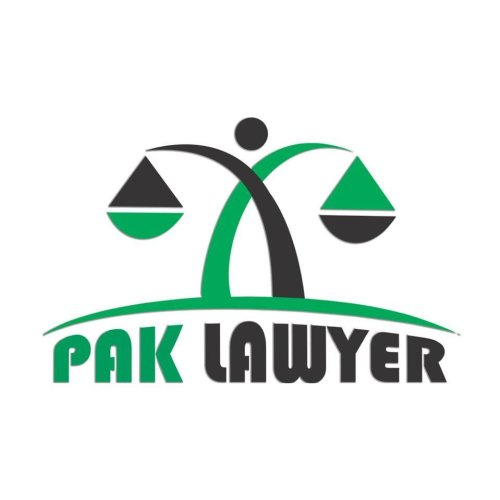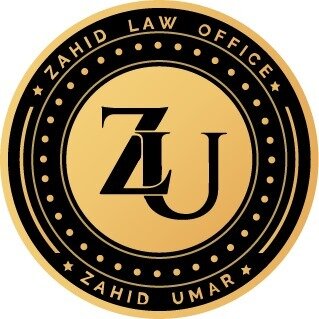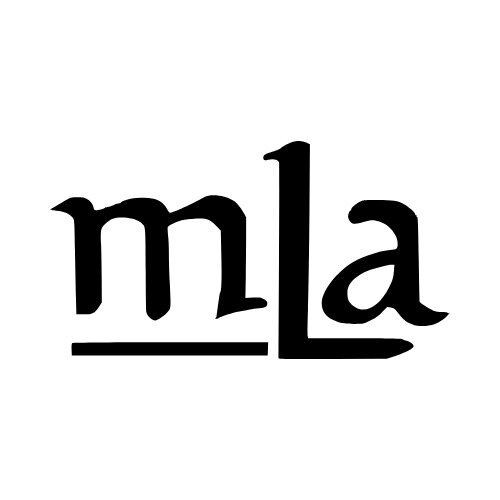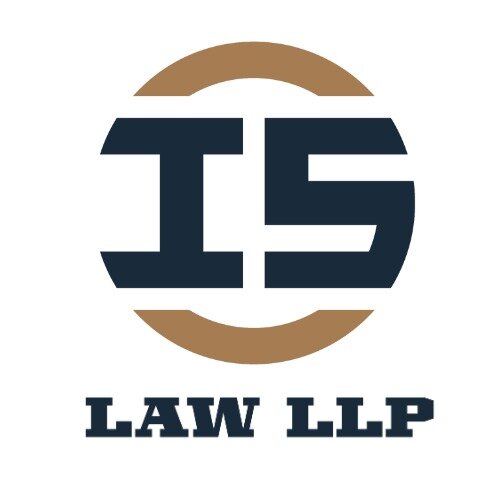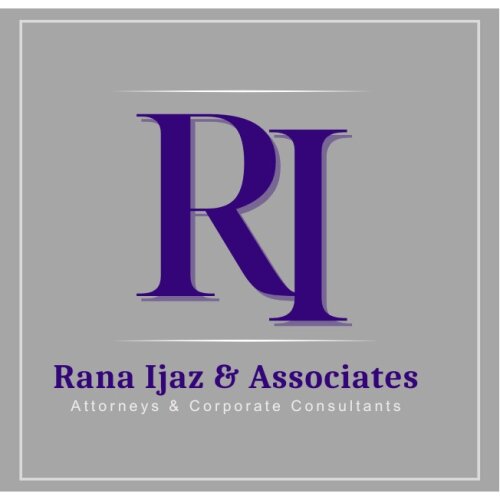Best Bankruptcy & Debt Lawyers in Lahore
Share your needs with us, get contacted by law firms.
Free. Takes 2 min.
List of the best lawyers in Lahore, Pakistan
About Bankruptcy & Debt Law in Lahore, Pakistan
Bankruptcy and debt law in Lahore, Pakistan, govern the legal proceedings when individuals or businesses are unable to repay their outstanding debts. These laws focus on both the protection of creditors’ interests and the fair treatment of debtors who find themselves unable to meet their financial obligations. The legal framework provides mechanisms such as restructuring, debt settlement, and bankruptcy proceedings to manage insolvency situations effectively. Understanding these legal stipulations is crucial for anyone facing financial distress, ensuring that they can navigate their circumstances legally and efficiently.
Why You May Need a Lawyer
Legal assistance may be required in several scenarios when dealing with bankruptcy and debt issues. Some common situations include:
- Filing for bankruptcy: Navigating the complex paperwork and processes involved in filing for bankruptcy protection.
- Debt negotiation: Engaging with creditors to negotiate payment terms, settle outstanding debts, or reduce interest obligations.
- Legal representation: Defending against creditor lawsuits or addressing collection activities through the proper legal channels.
- Understanding rights: Gaining clarity on the rights and obligations of both creditors and debtors under local law.
- Preventing asset seizure: Protecting personal or business assets from being claimed by creditors during bankruptcy proceedings.
Engaging a knowledgeable lawyer ensures that you are informed about your options and that your legal rights are protected throughout the process.
Local Laws Overview
In Lahore, as with the rest of Pakistan, bankruptcy and debt-related matters are governed under specific laws with the most notable being the Insolvency (Karachi Division) Act, 1909, and the Corporate Rehabilitation Act. These laws outline procedures for both personal and corporate bankruptcies, including the responsibilities of debtors and protections for creditors. Key aspects include:
- Criteria for declaring bankruptcy, whether voluntary or court-imposed.
- Processes for filing claims against insolvent parties.
- Asset distribution regulations during insolvency resolutions.
- Rehabilitation processes for financially distressed corporations.
- Protection measures for creditors engaging with insolvent debtors.
Understanding these laws can help individuals and businesses prepare for and manage insolvency scenarios effectively.
Frequently Asked Questions
What defines bankruptcy in Pakistan?
Bankruptcy is legally declared when an individual or business cannot repay its debts to creditors, either through voluntary admission or via court order.
What is the difference between liquidation and reorganization under Pakistani law?
Liquidation involves selling assets to repay debts, ultimately dissolving the business, while reorganization includes restructuring a company to pay off creditors over time while continuing operations.
How does one file for bankruptcy in Lahore?
This process involves submitting a petition to the court, along with detailed financial statements and documents establishing insolvency or inability to meet debt obligations.
Can personal assets be protected during bankruptcy proceedings?
Some personal assets may be exempt from seizure, depending on the type of bankruptcy and applicable laws, making it essential to consult a lawyer for specific advice.
Are there alternatives to filing for bankruptcy?
Yes, alternatives include debt settlement negotiations, restructuring agreements with creditors, or informal arrangements to manage debts without court intervention.
How long does bankruptcy stay on one's credit record in Pakistan?
A bankruptcy record can remain for several years, affecting creditworthiness, although its exact duration can vary based on individual circumstances.
Can creditors attack personal guarantees during corporate bankruptcy?
Yes, personal guarantees made for corporate debts can be enforced by creditors, requiring personal liability for unpaid debts.
What role does the court play in insolvency proceedings?
The court oversees the bankruptcy process, ensuring legal protocols are followed, and protects both creditors' and debtors' rights.
Is legal representation mandatory during bankruptcy proceedings?
While not mandatory, legal representation is recommended to navigate complex legal frameworks and protect individual rights effectively.
What happens to a company’s employees during bankruptcy?
Employees may face layoffs or payment delays, but labor laws provide certain protections and claims for compensation during insolvency processes.
Additional Resources
For further assistance with bankruptcy and debt issues in Lahore, consider reaching out to the following resources:
- The Lahore High Court for legal proceedings and information about insolvency cases.
- The State Bank of Pakistan for guidelines on debt management and credit records.
- Local legal aid organizations offering pro bono services for those unable to afford paid legal assistance.
- Financial advisory services to assist with restructuring and debt management strategies.
Next Steps
If you need legal assistance with bankruptcy and debt issues in Lahore, consider taking these steps:
- Consult with a legal expert to evaluate your financial situation and provide tailored advice.
- Gather all relevant financial documents and records to aid in legal consultations or court proceedings.
- Engage with creditors proactively to discuss potential settlements or debt restructuring options.
- Stay informed about your rights and obligations under local laws to navigate the process confidently.
Act swiftly to explore your options and take appropriate legal action, ensuring the best possible outcome for your financial future.
Lawzana helps you find the best lawyers and law firms in Lahore through a curated and pre-screened list of qualified legal professionals. Our platform offers rankings and detailed profiles of attorneys and law firms, allowing you to compare based on practice areas, including Bankruptcy & Debt, experience, and client feedback.
Each profile includes a description of the firm's areas of practice, client reviews, team members and partners, year of establishment, spoken languages, office locations, contact information, social media presence, and any published articles or resources. Most firms on our platform speak English and are experienced in both local and international legal matters.
Get a quote from top-rated law firms in Lahore, Pakistan — quickly, securely, and without unnecessary hassle.
Disclaimer:
The information provided on this page is for general informational purposes only and does not constitute legal advice. While we strive to ensure the accuracy and relevance of the content, legal information may change over time, and interpretations of the law can vary. You should always consult with a qualified legal professional for advice specific to your situation.
We disclaim all liability for actions taken or not taken based on the content of this page. If you believe any information is incorrect or outdated, please contact us, and we will review and update it where appropriate.
Browse bankruptcy & debt law firms by service in Lahore, Pakistan
Lahore, Pakistan Attorneys in related practice areas.




